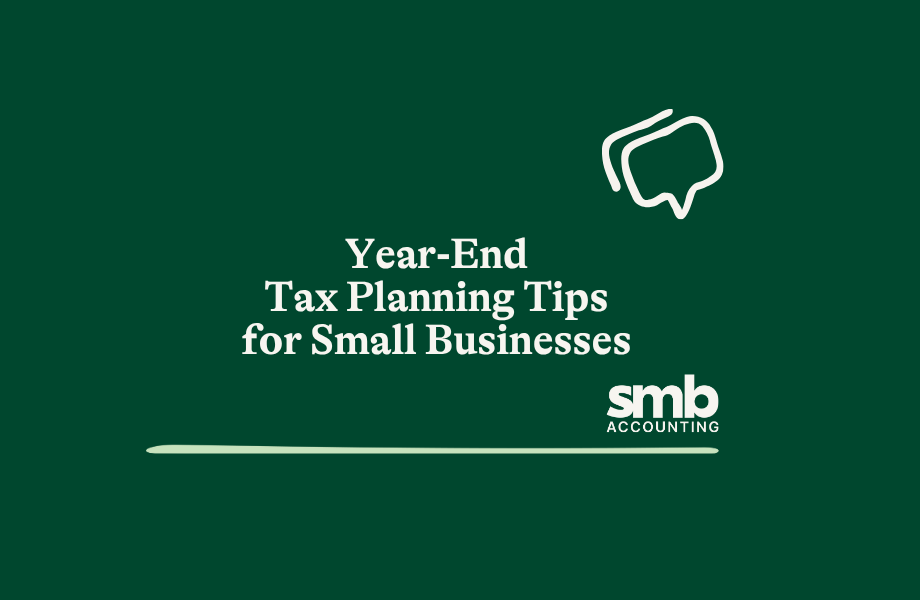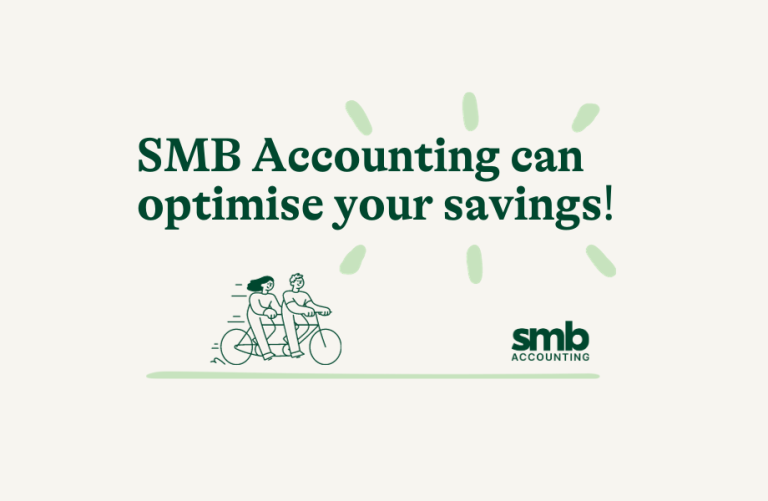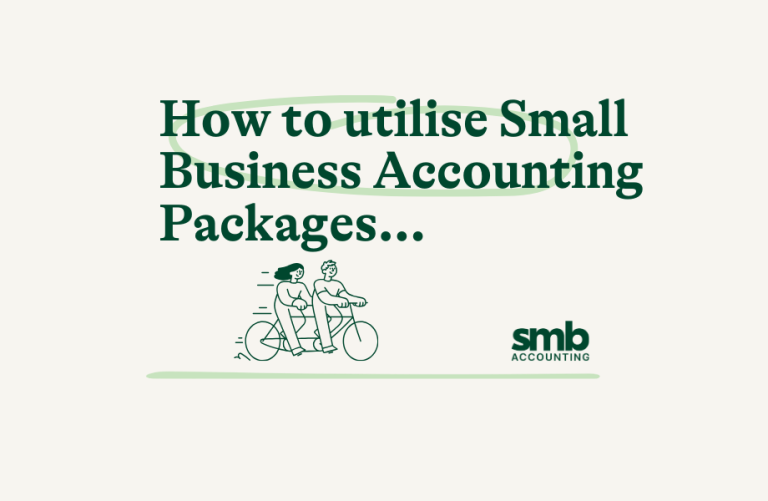Getting your taxes sorted out as the year wraps up is a bit like planning a great end-of-year celebration – it’s all about organisation and preparation. For small businesses, understanding how to effectively prepare for tax season can make a big difference in financial health. Planning at this time of year helps to avoid surprises and keeps everything running smoothly once the tax deadline arrives.
As a small business owner, you don’t have to be an accounting expert to do some effective year-end tax planning. It’s about understanding the basics, knowing what to keep an eye on, and ensuring you’re following the best practices. The aim is to reduce stress, make the most of available resources, and hopefully find ways to save.
Understand Your Tax Liabilities
Recognising your tax responsibilities is a key part of operating a business. To start, estimating your tax liabilities accurately is essential. This isn’t just about knowing what you owe; it’s about understanding how tax liabilities are calculated and ensuring you’ve got enough set aside to cover them.
A big part of this is knowing the kinds of deductions and credits you might be eligible for. Small businesses can often claim various deductions, which can ease the tax load significantly. Familiarise yourself with the common deductions for businesses like yours to make sure you’re not leaving money on the table.
Here are a few steps to organise your financial records effectively:
– Keep receipts and invoices well-sorted throughout the year. Create a simple filing system, either digitally or physically, to ensure everything is easy to access when it’s needed.
– Regularly update your accounting software with all transactions. Make it a habit to check and input data weekly or monthly, not just at year’s end.
– Review bank and financial statements every month. This helps identify any discrepancies early and keeps your records accurate.
Getting your financial records in order might sound tedious, but it pays off when tax season rolls around. By setting a routine and keeping detailed records, you can help ensure a smoother process. Knowing your liabilities and having everything documented means fewer headaches and a more stress-free experience come tax time.
Optimise Deductions and Credits
To make the most of tax savings, it’s worth delving into deductions and credits that can alleviate the tax burden. Common deductions for small businesses include office supplies, equipment purchases, and even vehicle expenses if they’re used for business purposes. Understanding which deductions apply to your business can significantly aid in reducing taxable income.
Finding all eligible credits is another avenue for tax efficiency. Credits are beneficial because they directly reduce the tax you owe, as opposed to just lowering your taxable income. For instance, if you provide training for your employees that qualifies, you might find a credit you didn’t realise was available. Documenting these expenses accurately is key. Having detailed records ensures you can claim everything you’re entitled to without any hitches.
Make sure to keep track of:
– Travel expenses directly related to business activities.
– Expenses on technology upgrades or software essential for operations.
– Costs related to attending business courses or training.
By taking the time to optimise deductions and credits, you’ll likely discover savings you hadn’t previously considered. It’s about being thorough—checking every potential deduction and credit to keep more capital in your business.
Consider Tax-Advantaged Investments
Another smart strategy is looking into tax-advantaged investments. These can include retirement plans and other accounts that defer tax payments, potentially lowering what you owe yearly. Offerings like small business retirement plans not only secure your future but free up funds that would otherwise go to taxes.
Investments that reduce taxable income are a strategic way to prepare for the future while benefiting from current savings. Options include superannuation funds or other retirement accounts that can defer tax obligations until you withdraw money later. Such accounts are attractive because they allow growth over time while cutting down on the immediate tax burden.
For most small business owners, considering:
– Contributions to personal superannuation funds.
– Leveraging available government incentives for specific investment plans.
– Exploring opportunities for property investment that support business operations.
Choosing tax-advantaged investments carefully can offer dual benefits: securing your financial future and safeguarding current earnings. It’s about setting solid foundations for your business and personal financial stability.
Plan for Cash Flow and Expense Management
Finishing the year with a healthy cash flow requires balancing expenses and income efficiently. Managing cash flow well ensures you’ll comfortably meet year-end obligations. Start by reviewing upcoming costs and identifying any predictable dips in cash flow. Keeping a cash buffer for unexpected expenses is a smart move.
Timing expenses is another technique. Knowing when to make purchases or pay off things can optimise your tax standing. If possible, defer unnecessary expenses to the next year to better manage your year-end cash flow.
Useful strategies include:
– Preparing a detailed cash flow projection that highlights potential risks and mitigations.
– Prioritising payments that come with early settlement discounts, if available.
– Assessing the impact of significant expenditures and timing them for optimal benefit.
Effective cash management keeps a business nimble, ready to handle the ebb and flow of the year-end financials without a hitch.
Review and Adjust Your Business Plan
As the year draws to a close, it’s a good time to review your overall business plan to align with your tax goals. Reflecting on successes and challenges helps shape more efficient strategies for the new year. Reviewing the business plan regularly ensures it aligns with your financial goals, including tax planning.
Adjusting your business strategies might involve looking at ways to minimise costs or boost profitability. Seeking advice from small business accountants provides insights tailored to your business’s specific needs and tax planning objectives. These adjustments can set a solid foundation for the next year, presenting a clearer vision for growth alongside strategic tax management.
Looking Forward
With careful planning, tackling the year-end tax task becomes less of a burden. By understanding liabilities and maximising deductions, small businesses can position themselves for a prosperous new year. Taking proactive steps now ensures a smoother tax season and aids in avoiding unnecessary stress when tax time arrives.
Starting early and being organised pays off. Useful strategies like managing cash flow, exploring tax-advantaged investments, and revising business plans prepare businesses for what lies ahead. It’s about crafting a tax approach that not just meets obligations but strengthens your business, creating a path to success.
For small businesses eager to improve tax planning and efficiency, connecting with experienced professionals can make a significant difference. Discover how working with small business accountants can lead to tailored strategies that meet your financial goals and ensure year-end readiness. At SMB Accounting, we’re here to provide the insight and support needed for a seamless tax experience.




